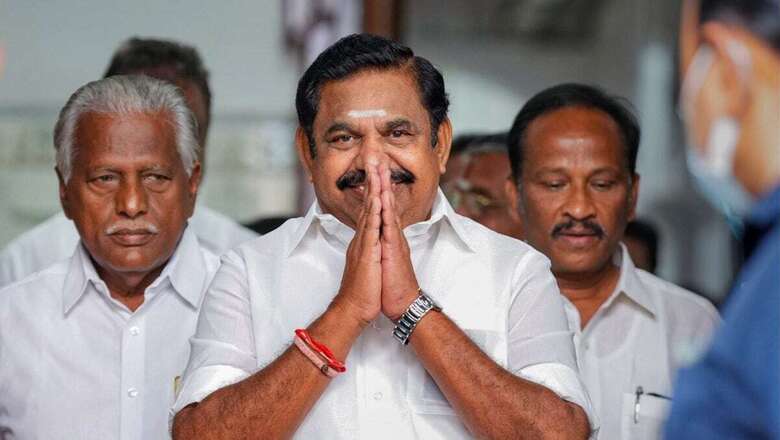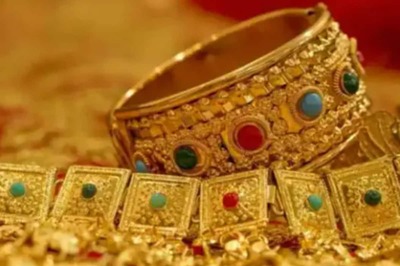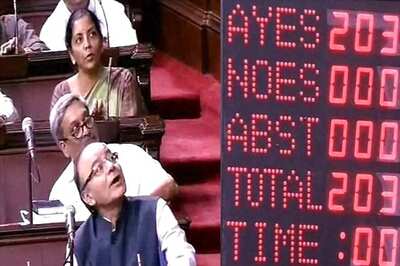Why Palaniswami’s Opposition to UCC is About Course Correction, Maintaining Goodwill with Minorities

views
Tamil Nadu’s AIADMK has turned out to be among the first NDA allies to express opposition to the Uniform Civil Code (UCC) as debate picks over the impact of controversial public law on minorities.
Edappadi K. Palaniswami told media that the party had made its stand on the UCC clear in its electoral manifesto ahead of the 2019 elections. In the manifesto, the party had said: “The AIADMK will urge the Government of India not to bring any amendments to the Constitution for a Uniform Civil Code that will adversely affect the religious rights of minorities in India.”
There are two key facets to this development: Palaniswami’s commitment to opposing the UCC will become apparent only with time, as it snowballs to a point where political players are forced to take positions. Secondly, his ambivalent positions dilute in the aftermath of the Citizen Amendment Act (CAA) introduction, when protests erupted across states, Palaniswami had taken a stand in early 2020 that the Opposition parties were indulging in fear-mongering and agitations. Months after voting in its favour in Parliament – the party drew ire for its role in Bill’s consummation as law – the AIAMDK laid out that the legislation was not tenable in its form.
It is in this context that Palaniswami’s opposition to the UCC needs to be viewed. While his party has learnt lessons for not having seen the tide in 2019 (his party sided the NDA while the DMK-Congress alliance swept at the hustings), the extended association with the BJP may have led to an attritional effect on the goodwill the party enjoyed with Muslim electorate.
Here’s where Palaniswami’s shortcomings vis-à-vis Jayalalithaa become stark in contrast. Even though Jayalalithaa maintained cordiality with Prime Minister Narendra Modi, her resounding war cry ahead of the 2014 elections – “let’s see if it’s Modi or this Lady who will emerge victorious” – still remains one of the strongest statements to come out of the AIADMK bandwagon in a long time.
A former AIADMK Parliamentarian said on conditions of anonymity that the party’s top brass has turned averse to listening to voices against the BJP alliance. “The AIADMK association with the BJP has already inflicted damage on its pull with minorities…”
Palaniswami, to his credit, has displayed strong political acumen in warding off internal threats and keeping the party together through all the tumult that followed Jayalalithaa’s death.
However, perceptions play a big role in determining electoral outcomes. In that regard, Palaniswami’s approach on matters such as CAA and UCC may leave minorities underwhelmed. While his recent statement may seem a course correction, it remains to be seen how far Palaniswami would go on the path of Jayalalithaa.
N Sathiyamoorthy, political observer, said: “Against this, post Jaya, AIADMK lost in 2019 and 2021 because of the domineering association with PM Modi’s hardline Hindutva image. EPS now needs to woo back at least a section of the minority voters, and opposing UCC is one way.”



















Comments
0 comment